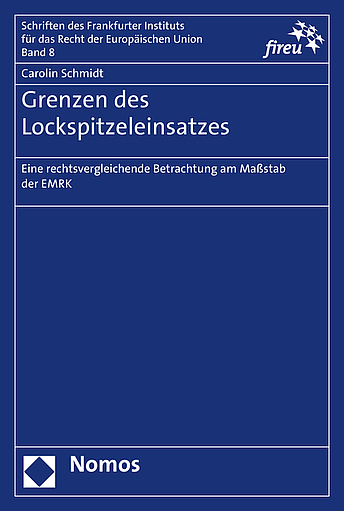englischThe problem of police incitement is situated in the tense atmosphere between the effective combat against crime and provisions of fundamental or human rights, esp. the right to a fair trial. Despite the absence of a specific statutory basis, instigation of criminal behaviour by members of the security forces or persons acting on their instructions is a common phenomenon in Germany. Against this background, the elaboration aims at developing a regulatory proposal for Germany by taking into account the jurisprudence of the ECtHR and the legal situation in selected European jurisdictions. It thus contributes to a legal policy requirement. In this context, attention is also drawn to the possible legal consequences of an impermissible police operation. By regarding solutions discussed in the literature, a compensation model is presented, which fulfils the demands resulting from the jurisprudence of the ECtHR and is carefully fitted into the existing German legal system.
Die Problematik des Lockspitzeleinsatzes ist im Spannungsfeld von Kriminalitätsbekämpfung und grund- bzw. menschenrechtlichen Positionen, insbesondere dem Recht auf ein faires Verfahren, angesiedelt. Trotz Fehlens einer spezialgesetzlichen Grundlage zählen Tatprovokationen zum täglichen „Handwerkszeug“ von Strafverfolgungsbehörden in Deutschland. Vor diesem Hintergrund verfolgt die Arbeit das Ziel, unter Einbeziehung der Rechtsprechung des EGMR und der Rechtslage in ausgewählten europäischen Rechtsordnungen einen EMRK-konformen Regelungsvorschlag für Deutschland zu entwickeln, und trägt damit einer seit langem bestehenden rechtspolitischen Forderung Rechnung. Hieran anknüpfend geraten die möglichen Rechtsfolgen eines unzulässigen Lockspitzeleinsatzes in den Blick. Unter Berücksichtigung von im Schrifttum diskutierten Lösungsvorschlägen wird ein Kompensationsmodell unterbreitet, das den Vorgaben der EMRK gerecht werden und sich konsistent in das vorhandene deutsche Rechtssystem einpassen soll.


